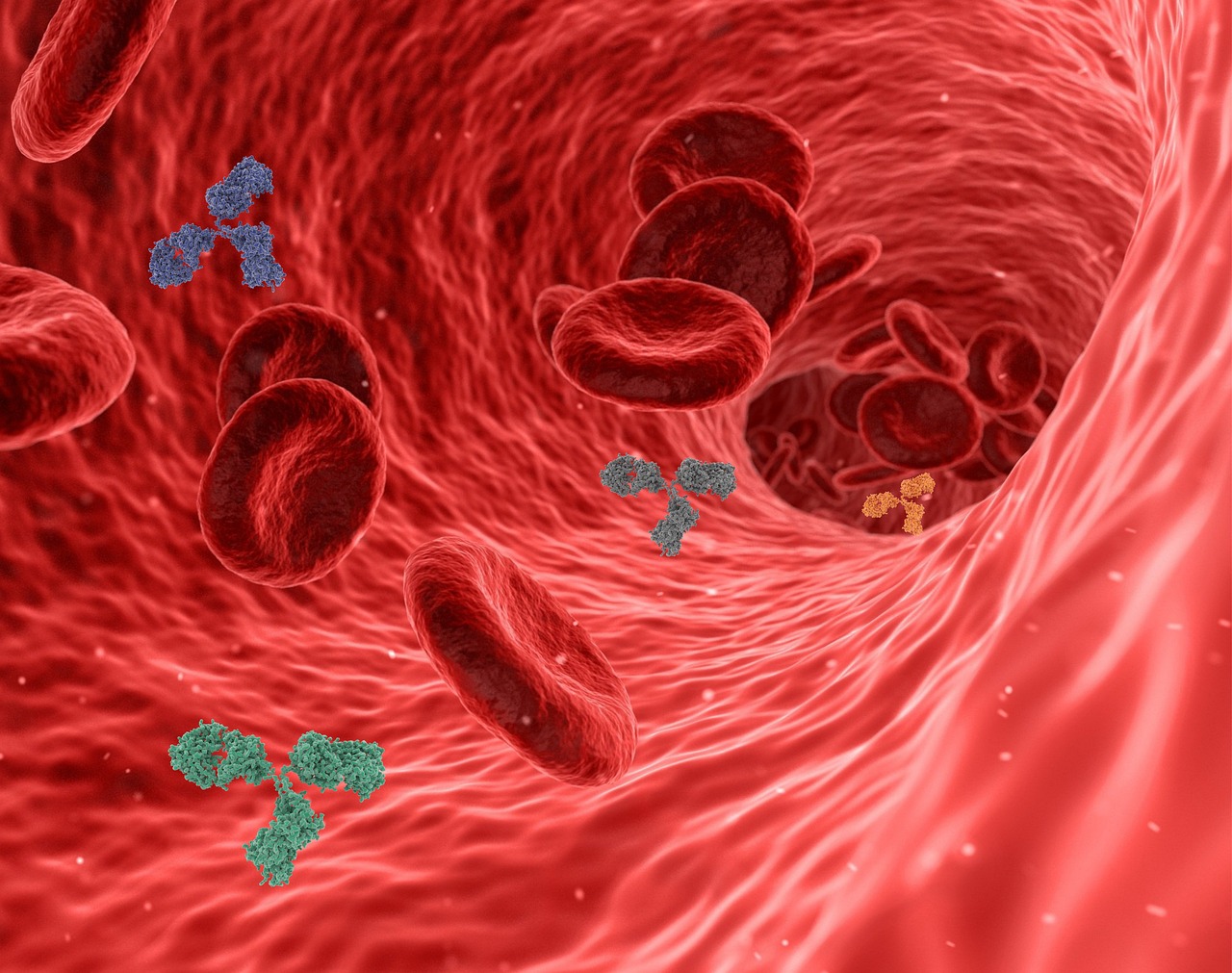-
Table of Contents
> Age gracefully, live vibrantly.
Introduction
Healthy aging is a multifaceted journey that encompasses physical, mental, and social well-being. It’s about embracing the wisdom and experience that comes with age while actively pursuing strategies to maintain vitality and independence. This involves adopting healthy lifestyle habits, staying socially engaged, and adapting to the natural changes that occur as we age.
Nutrition for Longevity
As we age, our nutritional needs evolve, and making conscious choices about what we eat becomes even more crucial for maintaining our health and vitality. While there’s no magic bullet for longevity, adopting a balanced and nutrient-rich diet can significantly contribute to healthy aging. It’s about nourishing our bodies with the essential building blocks they need to function optimally as we navigate the later stages of life.
One of the most important aspects of healthy aging nutrition is ensuring adequate protein intake. Protein plays a vital role in maintaining muscle mass, which naturally declines with age. This decline, known as sarcopenia, can lead to weakness, frailty, and increased risk of falls. Therefore, incorporating protein-rich foods like lean meats, poultry, fish, beans, lentils, tofu, and low-fat dairy into your daily meals is essential. Aim for at least 0.8 grams of protein per kilogram of body weight, or about 0.36 grams per pound.
Furthermore, staying hydrated is paramount as we age. Our sense of thirst may diminish, making it easy to become dehydrated, which can lead to a range of issues, including fatigue, constipation, and confusion. Water is essential for countless bodily functions, from regulating body temperature to transporting nutrients. Make a conscious effort to sip water throughout the day, and consider incorporating hydrating fruits and vegetables like watermelon, cucumber, and spinach into your diet.
Fiber is another crucial nutrient that often gets overlooked. As we age, our digestive system slows down, and fiber helps keep things moving smoothly. It also promotes satiety, which can be helpful for managing weight. Aim for a diet rich in fruits, vegetables, whole grains, and legumes to ensure adequate fiber intake.
While focusing on nutrient-dense foods is essential, it’s equally important to be mindful of certain nutrients that may need to be adjusted as we age. Calcium and vitamin D are crucial for bone health, which becomes increasingly important as we are at a higher risk of osteoporosis. Dairy products, fortified foods, and fatty fish are good sources of calcium, while vitamin D can be obtained through sunlight exposure, fortified foods, and supplements.
Similarly, vitamin B12 absorption can decline with age, leading to anemia and other health problems. Vitamin B12 is primarily found in animal products, so vegetarians and vegans may need to consider supplementation.
Finally, remember that healthy aging nutrition is not about deprivation but about making informed choices that nourish your body and support your overall well-being. Consult with a healthcare professional or registered dietitian to create a personalized nutrition plan that meets your individual needs and goals. By prioritizing a balanced and nutrient-rich diet, you can empower yourself to age gracefully and enjoy a vibrant life for years to come.
Exercise and Aging Well
As we age, maintaining a healthy lifestyle becomes increasingly important. While diet and mental well-being play crucial roles, exercise stands out as a cornerstone of healthy aging. Engaging in regular physical activity offers a multitude of benefits that can significantly enhance the quality of life for seniors. It’s never too late to start reaping these rewards, regardless of your current fitness level.
One of the most significant advantages of exercise for seniors is its ability to improve physical function. Strength training, for instance, helps maintain muscle mass and bone density, reducing the risk of falls and fractures, which are common concerns as we get older. Furthermore, exercises that focus on balance and coordination can enhance stability and reduce the likelihood of stumbles and accidents. Improved flexibility, achieved through stretching and range-of-motion exercises, can also make everyday activities easier and more comfortable.
Beyond physical benefits, exercise has a profound impact on mental and emotional well-being. Regular physical activity can elevate mood, reduce stress and anxiety, and even combat symptoms of depression. It stimulates the release of endorphins, natural mood boosters that leave you feeling happier and more energized. Moreover, exercise provides an opportunity for social interaction, particularly when participating in group classes or activities, which can combat feelings of isolation and loneliness often experienced by seniors.
Furthermore, exercise can play a vital role in managing chronic conditions common in older adults. For individuals with arthritis, low-impact exercises like swimming or cycling can help reduce pain and stiffness. Regular physical activity can also improve blood sugar control in those with diabetes, lower blood pressure in individuals with hypertension, and even aid in weight management.
When embarking on an exercise program, it’s essential to consult with a healthcare professional to determine the most appropriate activities and intensity levels based on your individual health status and fitness goals. Starting slowly and gradually increasing the duration and intensity of your workouts is crucial to avoid injury and ensure sustainable progress.
Remember, exercise doesn’t have to be strenuous or time-consuming. Simple activities like walking, gardening, or dancing can provide significant health benefits. The key is to find activities you enjoy and that fit into your lifestyle. By making exercise a regular part of your routine, you can embrace healthy aging and enjoy a more active, fulfilling life.
Maintaining Cognitive Health in Seniors
As we age, maintaining our cognitive health becomes increasingly important. Our brains, like any other organ, are susceptible to wear and tear over time, and certain changes are natural as we get older. However, there are many things we can do to promote healthy aging and keep our minds sharp well into our golden years.
One of the most crucial aspects of cognitive health is staying mentally active. Just as physical exercise keeps our bodies strong, mental stimulation keeps our brains engaged and functioning optimally. Engaging in activities that challenge our minds, such as puzzles, crosswords, reading, learning a new language, or playing a musical instrument, can help strengthen cognitive abilities and improve memory. Moreover, social interaction plays a vital role in cognitive health.
Staying connected with others, participating in social activities, and engaging in meaningful conversations can help stimulate the brain and prevent cognitive decline. Loneliness and social isolation, on the other hand, have been linked to an increased risk of cognitive impairment. Therefore, it’s essential to nurture our social connections and make an effort to stay engaged with the world around us.
Another important factor in maintaining cognitive health is adopting a healthy lifestyle. A balanced diet rich in fruits, vegetables, whole grains, and lean protein provides the brain with the nutrients it needs to function properly. Regular physical exercise has also been shown to have a positive impact on cognitive function, improving blood flow to the brain and promoting the growth of new brain cells.
Furthermore, getting enough sleep is crucial for cognitive health. During sleep, the brain consolidates memories and clears out toxins that can build up during the day. Aim for 7-8 hours of quality sleep each night to allow your brain to rest and recharge.
In addition to these lifestyle factors, managing stress is essential for cognitive well-being. Chronic stress can have a detrimental effect on the brain, impairing memory and cognitive function. Finding healthy ways to manage stress, such as exercise, meditation, or spending time in nature, can help protect our cognitive health.
Finally, it’s important to be proactive about our cognitive health. Regular cognitive assessments can help identify any potential problems early on, allowing for timely intervention. If you notice any changes in your memory or cognitive abilities, don’t hesitate to consult with your doctor. Early detection and treatment can make a significant difference in maintaining cognitive health as we age.
By incorporating these strategies into our lives, we can take proactive steps to protect our cognitive health and enjoy a vibrant and fulfilling life well into our senior years. Remember, aging gracefully is not just about physical health; it’s also about keeping our minds sharp and engaged.
Q&A
**Question 1:** What is one of the most important things seniors can do to maintain their cognitive health?
**Answer:** Engage in regular mental stimulation through activities like reading, puzzles, and social interaction.
**Question 2:** How can seniors improve their bone health as they age?
**Answer:** Consume adequate calcium and vitamin D, engage in weight-bearing exercises, and avoid smoking.
**Question 3:** What is a good way for seniors to stay physically active?
**Answer:** Find enjoyable activities like walking, swimming, or dancing, and aim for at least 30 minutes of moderate-intensity exercise most days of the week.
Conclusion
Healthy aging is a multifaceted journey that emphasizes maintaining physical, mental, and social well-being throughout the later years. It involves adopting a holistic approach that encompasses a balanced diet, regular exercise, cognitive stimulation, strong social connections, and proactive healthcare. By prioritizing these elements, seniors can enhance their quality of life, reduce the risk of chronic diseases, and enjoy a fulfilling and independent later life.



